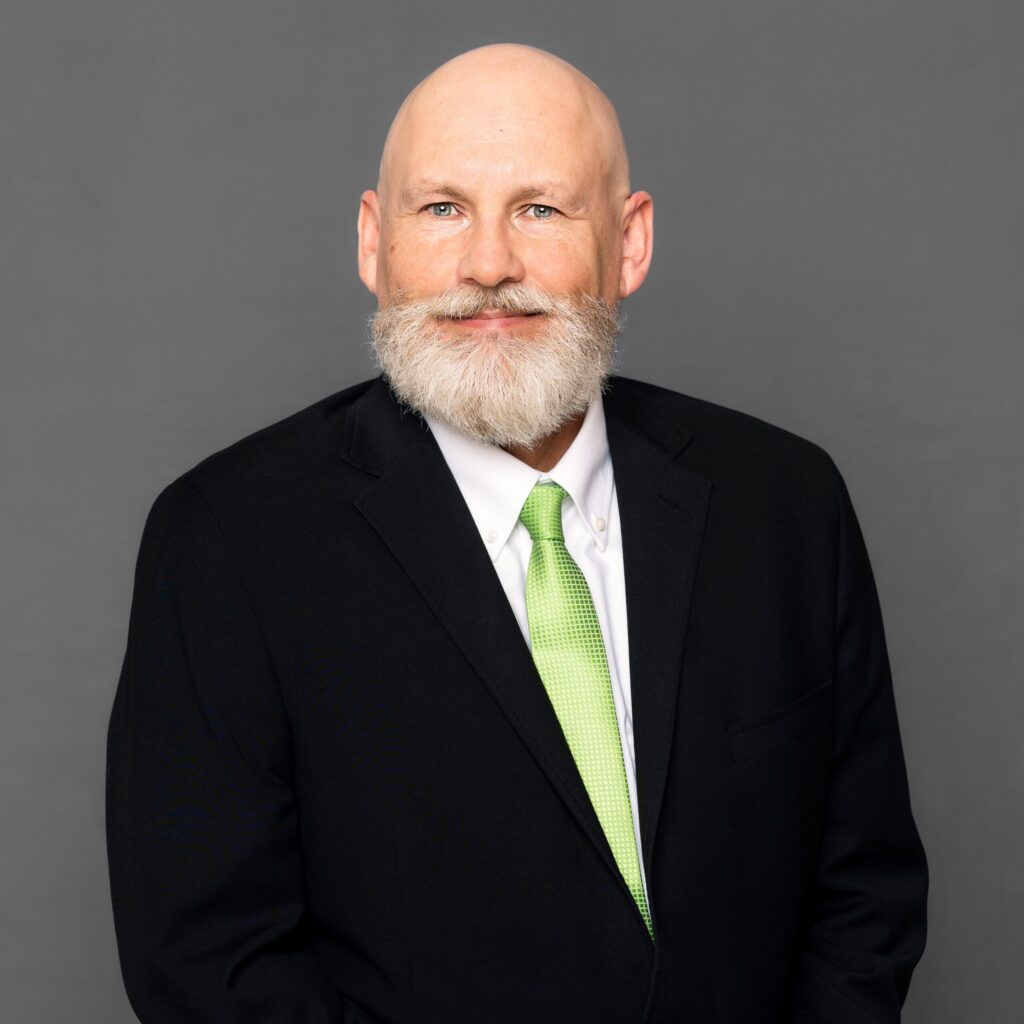Colorado’s separation of church, state under continued attack by radical religious right | BIDLACK

I’ve never been what you would call traditionally religious. In my youth, my parents took my brother and me to the Methodist Church so we would experience that part of life, and I did a lot of the kid things like singing in the children’s choir and such. But for most of my life I’ve been a deist. Any tiny tendrils of traditional faith were finally and unalterably torn asunder when I lost my first wife, a kind and dear person, to cancer in her early 40s.
And in spite of my affection for a particular founding father (cough… hamiltonlives.com… cough) I’ve always agreed fully with his great rival, Thomas Jefferson, on the question of the role of religion in governance. Simply put, that role should be zero, nada, nonexistent, other than perhaps guiding your decisions due to overall beliefs on good and evil and such.
The history of religion among the nation’s founders is an interesting and oft misreported study. Sadly, for some today, the simple truth is the founding leaders of our country were far, far less religious than some would claim. When Hamilton was asked why the Constitution contained no reference to God, he is said to have replied, “we required no foreign assistance.” And in one of the earliest treaties, signed by John Adams in 1796, the Treaty of Tripoli states “As the Government of the United States of America is not in any sense founded on the Christian religion (italics mine); as it has in itself no character of enmity against the laws, religion, or tranquility, of Mussulmen (Muslims).”
Perhaps most famously, Thomas Jefferson noted, responding to a letter from a group of Baptists from Danbury, Connecticut by saying, “I contemplate with sovereign reverence that act of the whole American people which declared that their legislature should ‘make no law respecting an establishment of religion, or prohibiting the free exercise thereof,’ thus building a wall of separation between Church & State.”
Thus, I am saddened by the degree to which the radical right has embraced a foolish and ignorant president as a tool to promote the creation of a Christian nation in place of Mr. Jefferson’s vision of a nation wherein one’s belief system is entirely a free choice. As Jefferson noted, “It does me no injury for my neighbor to say there are 20 gods or no God. It neither picks my pocket nor breaks my leg.”
The problem, of course, comes when a government would seek to decide which faith, among the thousands over human history, is the single “correct” one all citizens should follow.
I mention all this because of a recent story in Colorado Politics, in which ace reporter Ernest Luning describes a recent candidate for governor announcement. It seems a Colorado Springs-based Christian pastor has tossed his hat into the ring in the race to succeed term-limited Gov. Jared Polis. Remarkably, Victor Marx is the 19th candidate on the GOP side to jump into the Republican primary, a record. So if you are a Republican, get ready to receive lots and lots of fundraising texts and emails.
As described in the story, Marx’s announcement was part political theater and part tent revival. Despite the founder’s warnings about mixing religion and governance, Marx declared “So instead of making campaign promises or talking about the problem, we all know that there’s only one solution under God’s authority,” Marx said. “Real leadership, period.”
I’m guessing God’s authority, and the single solution to our problems, happens (as it always does) to cleave very close to Marx’s own political views. It’s funny, I’ve yet to see a “religious” candidate who didn’t claim God’s will remarkably matched their own, in terms of policy.
Back when I was teaching the Constitution at the U.S. Air Force Academy, I’d talk about the separation of church and state by seeing how many of my cadets were OK with a government run according to “God’s will.” A remarkably high number of the students were OK with a religiously based government, until I tossed in a bit of a twist, when I told them it would be an Islamic government, or Zoroastrian or orthodox Jewish government, or a church I just made up that sacrificed Golden Retriever puppies. It was amazing how many cadets went nuts over that last part, and I had to reassure them my church was fake, made up to advance the discussion, and all the puppies are safe. But I digress…
The cadets who had been in support of religious governance were in favor, of course, only as long as their own particular faith was the one in charge. Put another faith in charge, and they suddenly thought Jefferson was pretty spot on.
And that, of course, is the reasoning behind Jefferson, Hamilton, Adams and the others who backed away from a religiously based government. They understood how, much like Madison outlined in Federalist No. 10, factions would seek power, and the only way to keep everyone free to, in this case, express their particular religious views, was to prevent any one faith from taking over. And, dear reader, even if you are of what others might call an extreme religious point of view, can you not see the merit in preventing any one faith from achieving control of the government?
Now, Pastor Marx (an unfortunate name for a GOP candidate) seems like a sincere man and he has dedicated much of his life to his nonprofit organization, and that’s laudable. But he clearly comes at public office with a religious agenda. And, like every single candidate running for any office (except, oddly, me in my 2008 congressional run), he promises to “give the state back to the people,” though I’m guessing his view of who the right “people” are might differ from the opinion of others.
I am not too worried about Pastor Marx, nor, frankly, any of the other 18 GOPers running. We have only elected one Republican governor (the affable and highly capable Bill Owens) since 1970, and most polling suggests the Democratic nominee (likely, and hopefully, my old boss, U.S. Sen. Michael Bennet) will cruise to victory.
Marx is unlikely to get the Republican nomination anyway, but his campaign kick-off suggests Mr. Jefferson’s wall of separation is under ongoing attack from the right, and if we are not careful, we just might end up with a governor who believes in executing God’s will as his core belief — a “will” that, remarkably, will completely align with said candidate’s own personal point of view. Stay tuned…
Hal Bidlack is a retired professor of political science and a retired Air Force lieutenant colonel who taught more than 17 years at the U.S. Air Force Academy in Colorado Springs.













